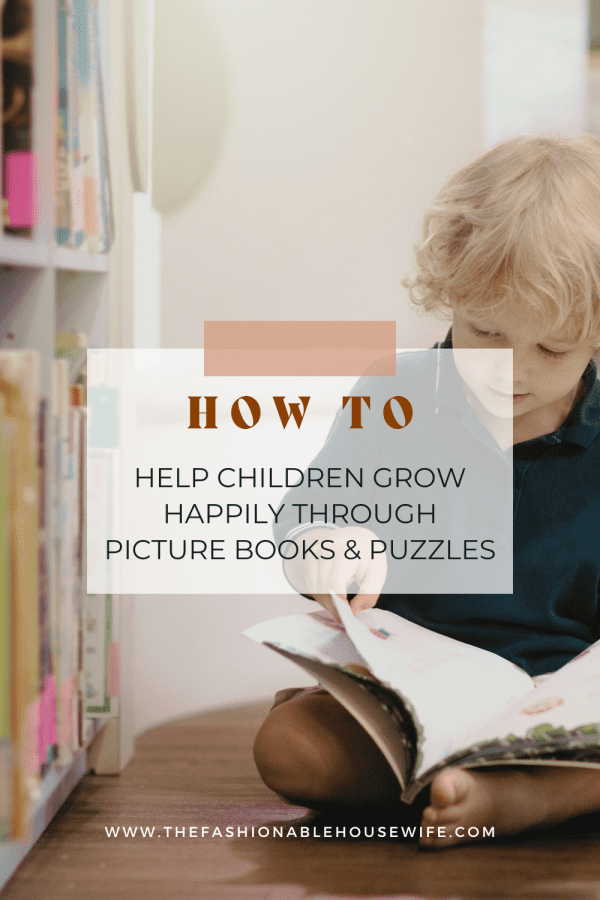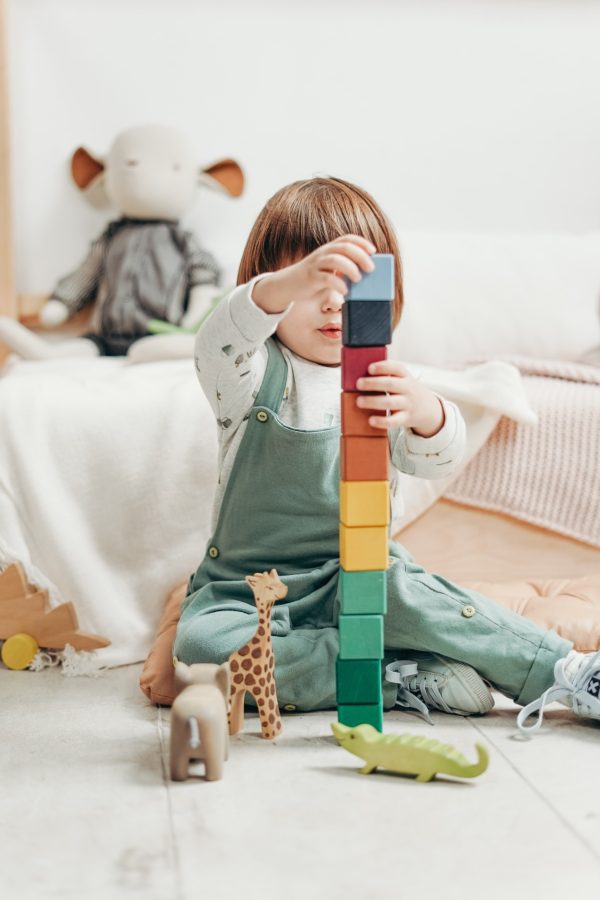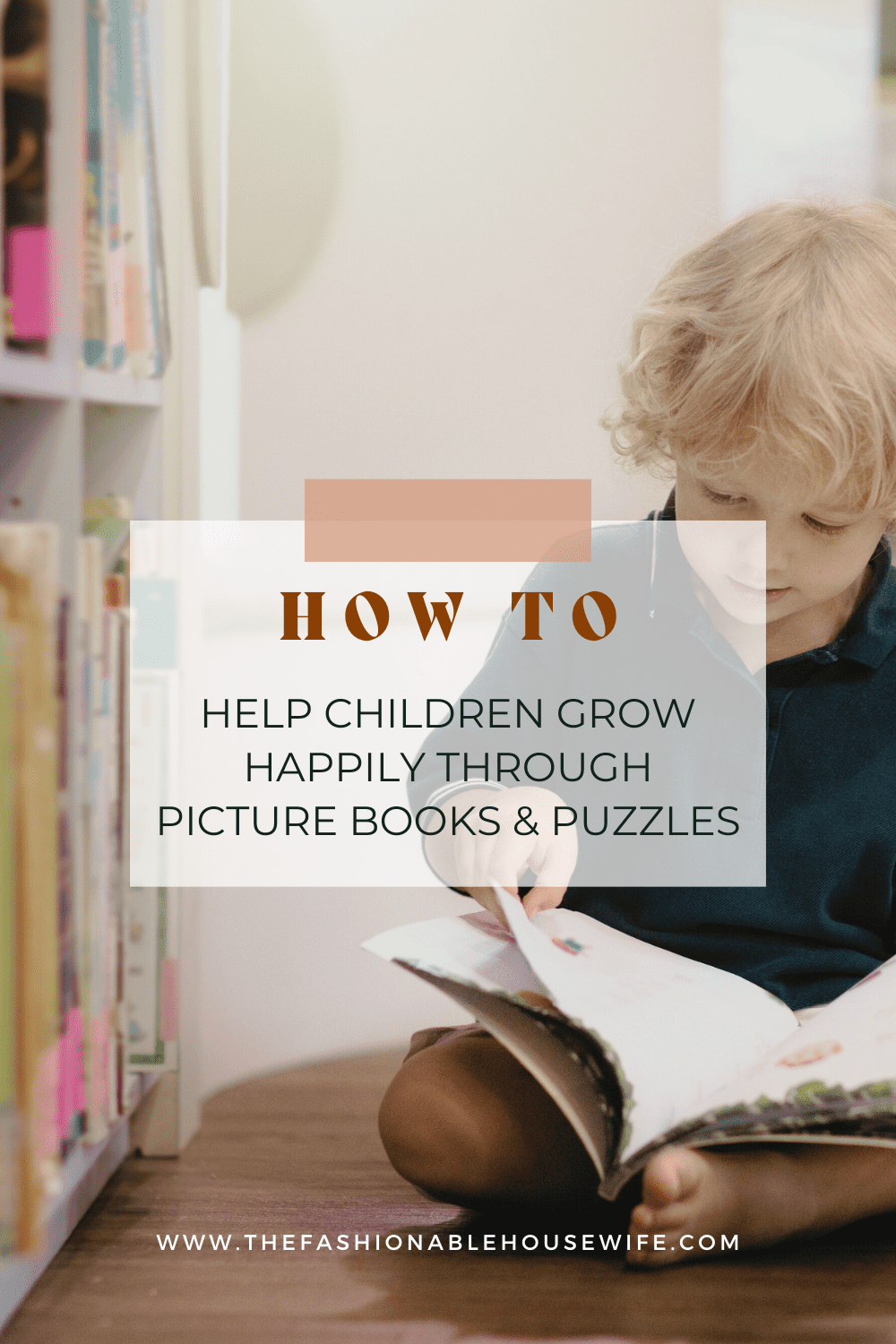How to Help Children Grow Happily Through Picture Books and Puzzles

The early years are a golden period for habit formation, and the Montessori approach emphasizes hands-on learning, independence, and joyful discovery. By surrounding children with the right tools—picture books that spark imagination, puzzles that challenge problem-solving skills, and activities that encourage creativity—we can nurture their natural curiosity. Simple, engaging routines help build lifelong habits, making learning feel less like a task and more like an adventure.
1. Choose Age-Appropriate Books
- Ages 3 and Under: Simple, colorful board books with everyday themes (e.g., animals, family) help build basic understanding.
- Ages 4-6: Introduce picture books with relatable characters and gentle life lessons to encourage empathy and critical thinking.
When reading a book, make it interactive by using funny voices for characters and asking open-ended questions like, “What do you think happens next?”
2. Create a Shared Reading Corner
Design a cozy space that invites both you and your child to enjoy reading side by side. Consider:
- A low bookshelf filled with favorite books
- A comfy reading nook with pillows and blankets
- A designated spot for a beloved stuffed reading buddy
When your child sees you flipping through a beautiful art book while they explore their picture books, it models lifelong learning. This shared time reinforces that reading isn’t just fun—it’s a meaningful habit.
3. Encourage Play-Based Learning
- Beginners (Ages 2-3): Start with simple puzzles and stacking games.
- Advanced Play (Ages 4+): Challenge them with building tasks, like, “Can you build a castle? Tell me about it!”
Creative Crafts
Use paper, clay, or natural materials (leaves, rocks) for projects:
- Make seasonal decorations like leaf collages or clay animal figurines.
- Display finished artwork to celebrate their effort.

4. Three Keys to Building Good Habits
- Challenge & Progress: Swap a 24-piece puzzle for a 36-piece one once they master it.
- Encourage Independence: Instead of immediately helping, let them figure things out—“Do these match?”
- Celebrate Small Wins: Use growth-focused praise like, “I love how you kept trying! Look at how much you’ve learned.”
Common Mistakes to Avoid
- Quantity Over Quality: Kids learn best through repetition, not by rushing to the next book or activity.
- Overhelping: Let them struggle a little before stepping in—it builds problem-solving skills.
- Ignoring Real-Life Skills: Encourage independence by letting them dress themselves, tidy toys, or help with simple chores.
5. The Science Behind Playful Learning
Research shows that play activates the brain—whether it’s pretending a puzzle piece is a spaceship or creating a story from pictures. The goal isn’t perfection but progress.
Every page turned, every puzzle piece connected, and every craft created is a stepping stone toward a lifetime of joyful discovery.

